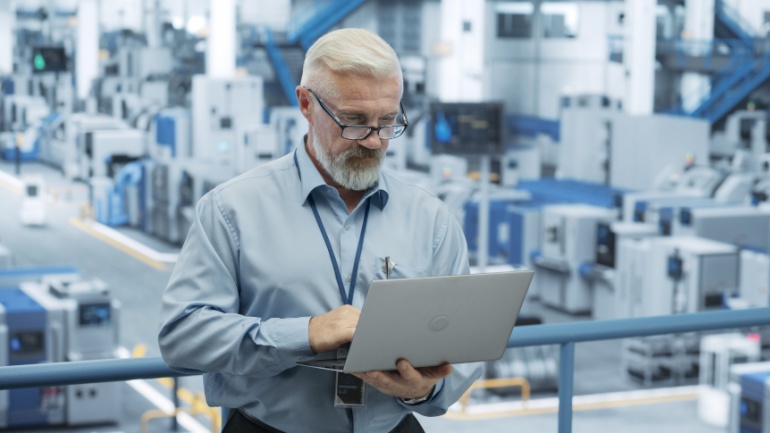In a recent surge of developments within the data center industry, Microsoft has taken the lead with its commitment to invest a staggering £2.5 billion in expanding artificial intelligence (AI) data center infrastructure in the UK. This landmark investment comes amidst a thriving year for the sector, showcasing a 13% estimated growth compared to the previous year, according to Synergy Research Group.
Over the next three years, Microsoft’s significant capital injection will fuel the expansion of next-generation AI data center infrastructure in London and Cardiff. The UK government has enthusiastically welcomed this move, emphasizing the strategic importance of advancing the country’s AI capabilities. Microsoft’s ambitious plan extends beyond infrastructure, with a parallel commitment to train one million individuals in AI-related skills, fostering a workforce ready for the evolving demands of the industry.
Brad Smith, Microsoft’s Vice Chair and President, affirmed the company’s dedication, stating, “Microsoft is committed to ensuring that the UK possesses world-leading AI infrastructure, easy access to the skills people need, and broad protections for safety and security.”
Meanwhile, Kao Data has announced its entry into the northern region of England, with a proposed £350 million investment in a data center on a vacant industrial site in Stockport, Cheshire. This move contributes to the flourishing landscape of data center developments in the UK.
On the global front, a joint venture between Digital Realty and Blackstone is set to bring about a $7 billion project, involving the construction of 10 data centers. Frankfurt, Paris, and Northern Virginia are the chosen locations for this expansive initiative, with load capacity expected to come online between 2025 and 2026.
China, too, is making waves in the sector, as the proposed Hainan Undersea Data Center stands out for its innovative approach. Emphasizing environmental sustainability, the center plans to leverage seawater as a natural coolant, potentially saving an estimated 122 million kilowatt-hours of electricity annually. While groundbreaking, this eco-friendly approach echoes a similar attempt by Microsoft in 2016, showcasing a continued commitment to sustainable practices within the industry.







